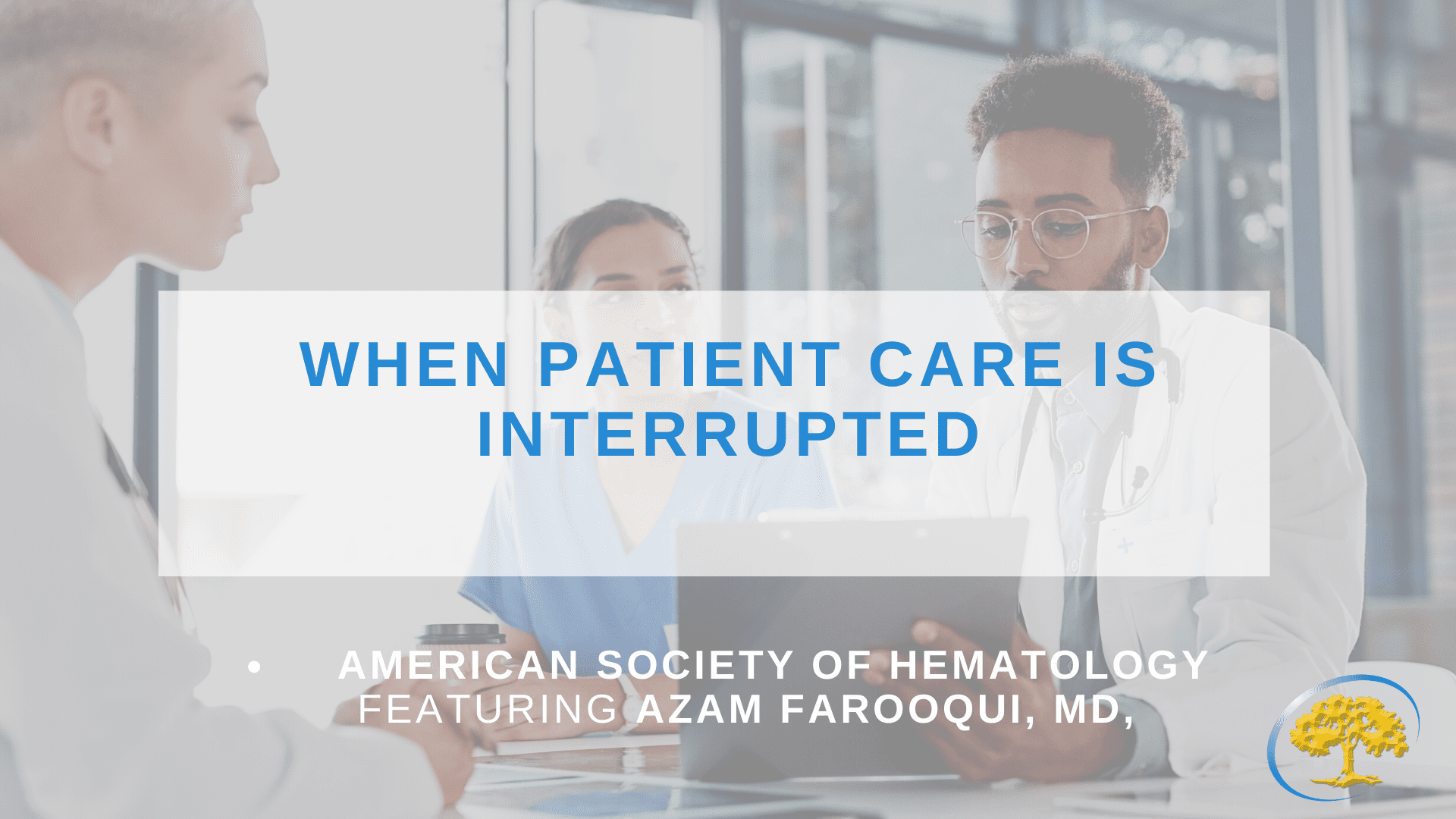
Posted 3 years ago
Care, Interrupted
Since the beginning of 2020 and the genesis of the COVID-19 pandemic, there has been much concern about the effects of care disruptions and interruptions. Especially during the early phases of the pandemic, studies showed reductions in outpatient visits and increases in delays or deferrals of treatment.1
The pandemic has been an unprecedented event for modern hematologists but is just one example of the kinds of care interruptions that people with hematologic conditions might experience. ASH Clinical News spoke with clinicians about the realities of two types of care interruption – the transition of patients with sickle cell disease (SCD) from pediatric to adult care and transitioning the care of older adults who spend half the year in one state and the other half in another – and how best to deal with them, as well as how to empower patients to participate in their own care transitions.
Caring for Part-Time Residents
For Azam Farooqui, MD, of Ironwood Cancer & Research Centers in Chandler, Arizona, the biggest cause of care interruptions for his patients involves climate and lifestyle.
“Chandler is outside of Phoenix, and locally we have a lot of elderly patients who have a retirement home here where they spend the winter months, and they return back east or north for the summer months,” Dr. Farooqui said. “Patients may do this for the weather, to spend time with family back home, or help with their grandchildren during summer breaks. There are a variety of reasons, but we have a lot of people splitting their year this way.”
